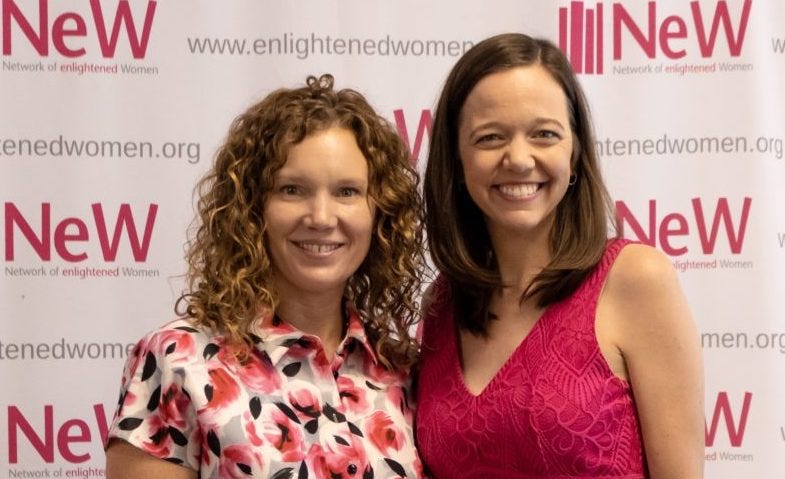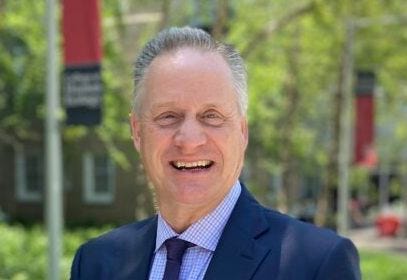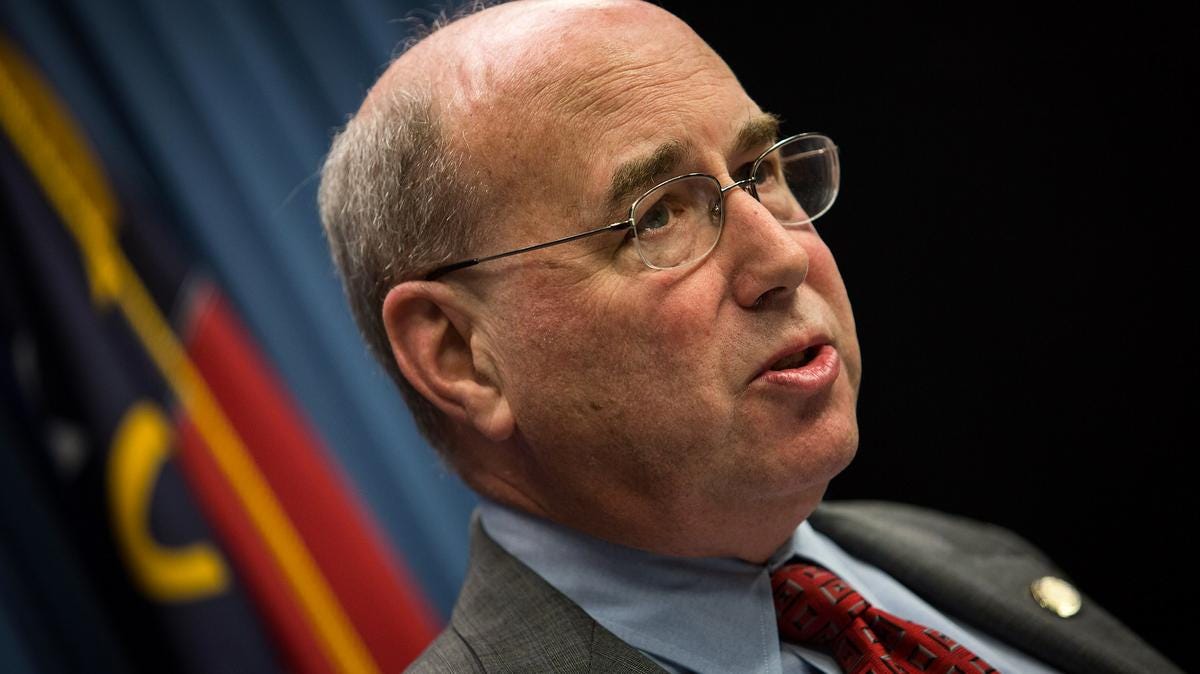College station
FreeCons help shape the future of American higher education
As recently as 2015, nearly 60% of Americans told Gallup that they had “a great deal” or “quite a lot” of confidence in U.S. colleges and universities as a whole.
Today, just 36% of respondents agree — not much different from the shares who say they have only “some” confidence (32%) and very little or none (32%). And while respect for higher education has plummeted among Republicans, there have also been double-digit drops in confidence among independents and Democrats.
Among the hundreds of signatories to the Freedom Conservatism Statement of Principles are professors and policy analysts with strong opinions about higher education.
In an earlier post, we described some of their views: Devon Westhill’s critique of racial preferences, Jenna Robinson’s proposal for a new core curriculum, Juliana Geran Pilon’s defense of free speech, and Wilfred McClay’s call for campuses to instill “the qualities of mind and heart and spirit that are necessary for the exercise of freedom, in the fullest sense of that word.”
Today, we spotlight other FreeCons who are helping shape the future of higher education in America as institutional leaders and educators.
Pursue the truth
Stacy Hock is a private investor and philanthropist who currently serves as vice chair of the Texas Higher Education Coordination Board, which oversees all public post-secondary education in the Lone Star State.
A FreeCon signatory and former IBM executive, Hock serves on the boards of Atlas Energy Services, Aminex Therapeutics, the African Dream Initiative, the Texas Public Policy Foundation, and the American Federation for Children.
Previously, she served on the boards of Brigham Minerals, City Harvest, and The Bowery Mission in New York City and as vice chair of the Texas Commission on Next Generation Assessment and Accountability.
In addition to helping public higher education thrive in her state, Hock serves on the board of advisors for the new University of Austin, which is “committed to freedom of inquiry as the precondition for the pursuit of truth.”
“Others have abandoned this core mission of the university,” the institution argued. “The pursuit of truth is the very foundation of our university and the reason we believe the most curious, innovative scholars and students are joining us.”
Embrace transparency
Rick Geddes is a professor in the Department of Policy Analysis and Management at Cornell University and Founding Director of the Cornell Program in Infrastructure Policy.
A highly respected expert on road pricing, resilience, and innovative infrastructure financing, Geddes is a core faculty member of the Cornell Institute for Public Affairs and a visiting scholar at the American Enterprise Institute.
He has advised numerous Fortune 500 companies, including United Parcel Service and CSX, and testified numerous times before House and Senate committees.
His articles have appeared in such journals as Nature, the American Economic Review, Journal of Regulatory Economics, and Journal of Law & Economics.
In an AEI commentary, Geddes argued that American higher education needs a strong dose of transparency to regain the public’s trust.
“Food companies must disclose their ingredients and provide nutritional information about their products,” he wrote. For universities, the principle suggests transparency about the political registrations and intellectual diversity of university faculties.
“Academics naturally like to have colleagues who share their views and beliefs even at the risk of reducing viewpoint diversity,” Geddes wrote. “If parents and consumers of research believe that more diversity in political viewpoints means better research and teaching, even in fields that are seemingly apolitical, they can assess that research and adjust their behavior accordingly.
“It is up to the reader to decide if the environment in which the research was produced is relevant or not.”
Core missions
Art Pope is chairman of Variety Wholesalers, Inc., a private family-held business that owns and operates a general merchandise retail chain that includes Roses and Maxway stores.
A FreeCon signatory, he is also chairman of the John William Pope Foundation, a grantmaker that supports public-policy organizations, educational institutions, and programs in human services, historical preservation, civic affairs, and the arts.
In addition to his business and philanthropic pursuits, Pope has spent decades in public service, including four terms in the North Carolina House of Representatives and stints as state budget director and special counsel for two previous governors.
He currently serves on the University of North Carolina Board of Governors, which oversees 16 four-year campuses and related institutions. During his tenure, Pope has championed the liberal arts and keeping university costs under control.
Pope has also chaired the boards of the Institute for Humane Studies — which connects and supports graduate students, scholars, and intellectuals committed to classical liberalism — and the Lynde and Harry Bradley Foundation, which supports higher-education initiatives such as the Bradley Graduate and Post-Graduate Fellowship Program.
As a philanthropist, Pope has promoted excellence, efficiency, and intellectual diversity on campuses by founding the James G. Martin Center for Academic Renewal, a nationally known publisher of analysis and commentary on higher education, and by funding high-quality programs at campuses across the Carolinas.
About the Pope Foundation’s $10 million gift to his alma mater, UNC-Chapel Hill, he said that “when state institutions of higher learning succeed at their core missions, we all benefit.”
By supporting cancer research, addiction treatment, track-and-field sports, and the university’s Philosophy, Politics, and Economics program — the largest in the world — Pope’s gift demonstrated that “excellence isn’t just about the amount of money an institution receives but about how well it is spent.”
Community of scholars
James Manley is a professor of humanities at the College of Central Florida and a FreeCon signatory.
Ordained to the priesthood in the Anglican Church of North America in 2016, Manley has taught at six colleges and seminaries in the United States and East Africa.
During his varied career, he has also worked as a janitor, grocery store clerk, warehouse packer, acoustic ceiling tile scrubber, shepherd, goatherd, swineherd, pine tree farmer and vicar of an Anglican parish.
At the College of Central Florida, Manley currently directs the Honor Institute and its prestigious Community of Scholars program, which offers diverse opportunities for students to expand their knowledge beyond the classroom.
In the mix
• In the Washington Examiner, FreeCon signatory Grace Bydalek described the COVID-19 policies of Minnesota Gov. Tim Walz as “misanthropy for his constituents and an authoritarian vision for the future of our country.” On a “White Dudes for Harris” call, the vice-presidential candidate said “one person’s socialism is another person’s neighborliness.” Bydalek, director of the Dissident Project, cited the classic novel A Wrinkle in Time in her response, observing that author Madeleine L’Engle wrote it for “anyone in dire need of clarity and courage. She wrote it for us.”
• In National Review, Mercatus Center senior research fellow Veronique de Rugy discussed the “freedom” rhetoric that suffused the just-completed Democratic National Convention. While the party’s policies don’t match up, de Rugy noted that “not so long ago, opportunity and freedom used to be a conservative strategy and message.
“With the advent of the New Right conservatives, not so much. In fact, a central tenet of their message is precisely that freedom and economic growth as the best path to opportunity should be called into question.”
• In the DC Journal, Frances Floresca called the spread of school-choice programs a “Freedom Conservatism win” that is expanding opportunity for all. “School choice has transformed many lives, including my own,” she wrote. “It is an idea for every student in our country that is indeed the civil rights issue of our time.”
• FreeCon signatory Justin Perry, an immunologist and cancer biologist at Memorial Sloan Kettering Cancer Center, argued in The Dispatch for prudent legislation to reform the National Institutes of Health.
“Many biomedical scientists will be understandably wary of Congress assuming increased oversight of their work,” Perry wrote. “But such a view ignores the reality that NIH-funded biomedical scientists rely on a finite pool of taxpayer dollars. The interests of those taxpayers, and by extension their representatives, must be considered.”




